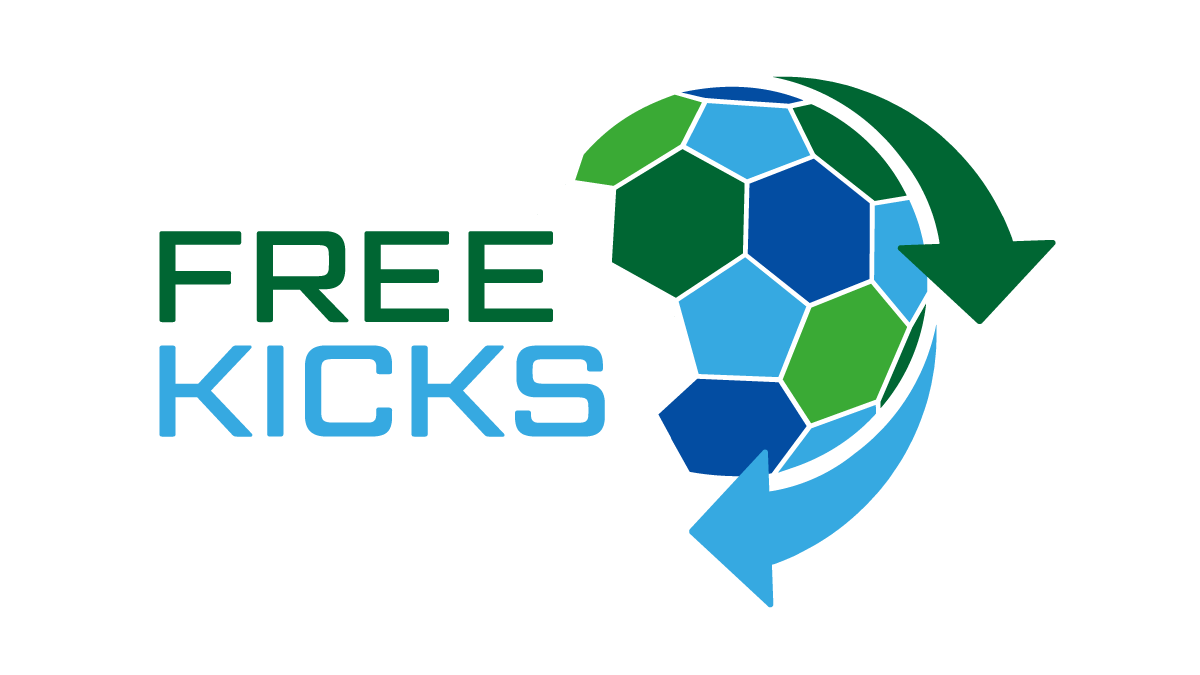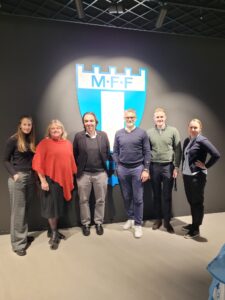FREE KICKS Project Uncovers Current Situation of Environmental Governance in Football Supply Chain

Researchers of Sant’Anna School of advanced Studies (SSSA) have found that the management of suppliers of goods and services involved in the organisation of football events, and in the management of football infrastructure, is indeed linked with the majority of the football organisations’ indirect environmental impacts.
As part of the FREE KICKS project, several interviews have been conduced by SSSA to understand the current situation of the environmental governance and management of the football supply chain. The FREE KICKS project aims to understand the level of awareness that organisations in football supply chains have on sustainability, and to identify ways to ‘green’ them.
 To achieve these objectives, first the researchers designed a specific protocol and interviewed the procurement departments of sport project partners: Malmo FF, Real Betis, Racing Club, FC Porto and Romanian Football Federation (FRF). A total of 7 interviews with specialists working in the clubs’ procurement departments were completed in October 2023. Some preliminary results related to the assessment of the ‘state-of-the-art’ of the football supply chain of sport organisations were presented to the FREE KICKS Consortium during a Steering Committee in London in October 2023.
To achieve these objectives, first the researchers designed a specific protocol and interviewed the procurement departments of sport project partners: Malmo FF, Real Betis, Racing Club, FC Porto and Romanian Football Federation (FRF). A total of 7 interviews with specialists working in the clubs’ procurement departments were completed in October 2023. Some preliminary results related to the assessment of the ‘state-of-the-art’ of the football supply chain of sport organisations were presented to the FREE KICKS Consortium during a Steering Committee in London in October 2023.
The researchers examined the environmental policy/strategy of the organisations in relation to procurement, suppliers’ selection processes and requirements, the existence of an environmental assessment of suppliers, the existence of monitoring processes and the involvement of procurement department employees in sustainability-related trainings, etc. For example, some partners already mention some sustainability criteria in their requests for price offers or include environmental clauses in the contracts for some services.
Following these first interviews, in November 2023 SSSA started interviewing football organisations’ external contractors, in order to gain a broader understanding of the dynamics and environmental impact of the supply chain. In particular, three types of contractors were identified for each football organisation: the suppliers of food andcatering services, cleaning services and turf maintenance. These are key services for football organisations that have an impact on the environment. Three protocols were designed for each service and a total of 12 contractors were identified with the help of each football organisation.
The interviews included both general questions for all contractors as well as specific questions for the three different services. For instance; general questions covered whether environmental sustainability is a topic of discussion within the company, if sustainability strategies and policies or environmental certifications are in place, the involvement of top management and employees in sustainability-related trainings, and more. Additional questions included, for example; the use of chemical fertilisers and pesticides or sustainable products for the management of the turf, the provision of vegetarian meal options or the use of environmentally-friendly and biodegradable cleaning products. The interviews are still ongoing and more contractors will be interviewed in the month of December.
Effective environmental management of these supply chains can decrease the overall environmental footprint of football organisations. Once the assessment of the baseline scenario is completed, SSSA will identify the environmental governance needs and improvement opportunities for each sport partner which will help tailor greener governance and operational practices.
These improvement opportunities will focus on the governance of sports organisations’ supply chains, offering guidance on enhancing the management of procurement aspects and engaging contractors to work for environmental sustainability through a systematic approach.
Examples of improvement opportunities that could emerge from the study are: definition of specific sustainability procurement policies (as part of club’s sustainability strategy), definition of environmental criteria for supplier selection and sustainability criteria (uniformly applied to all suppliers), organisation of environmental trainings for staff dealing with the supply chains, implementation of monitoring procedures for suppliers, etc.
These findings and improvements will help not just FREE KICKS partners, but all sports organisations looking to reduce their impact on the environment.
SSSA plans to conclude all interviews by the beginning of January 2024. A detailed report with the results and recommendations will be published on FREE KICKS’ website by April 2024. All FREE KICKS’s outputs are public, so that any football and sport organisation can access their contents.
To keep updated on the outcomes of these audits and the FREE KICKS project, sign up to our newsletter now: https://www.free-kicks.eu/contact/
